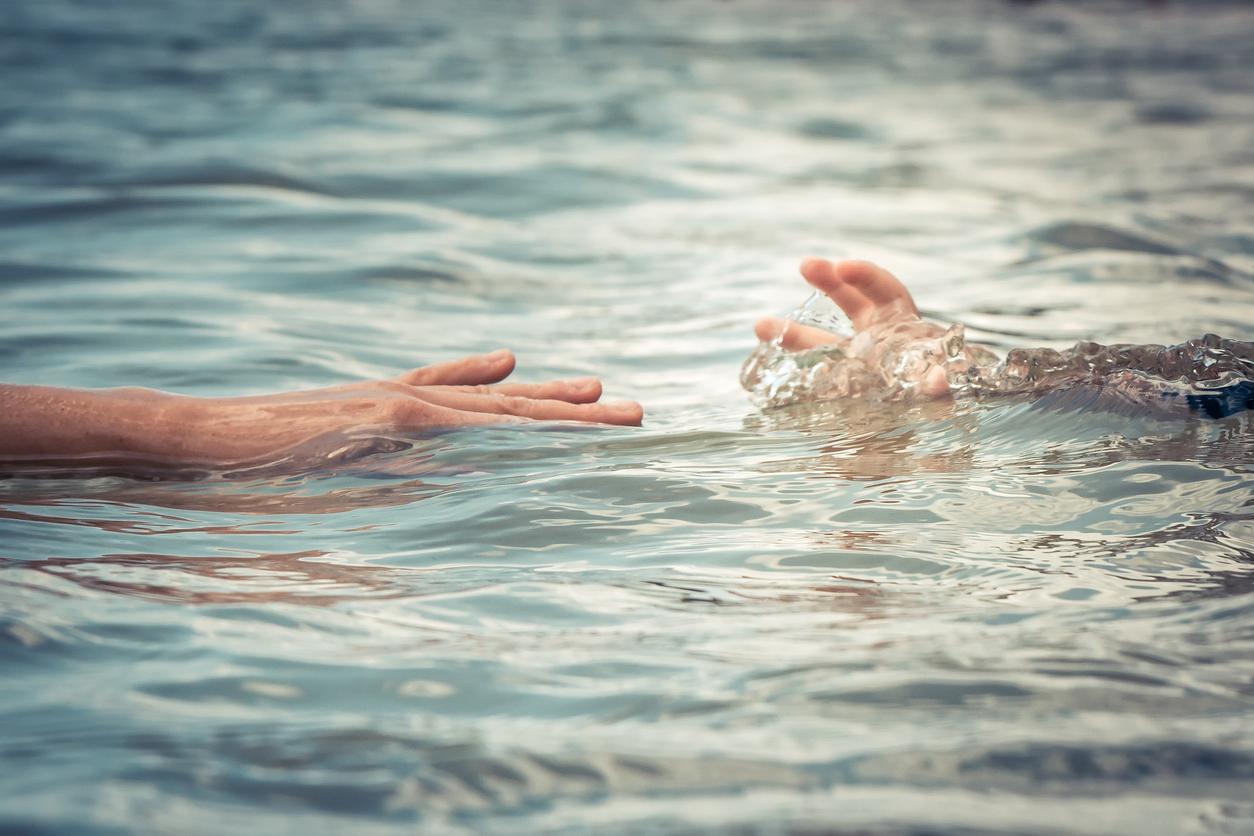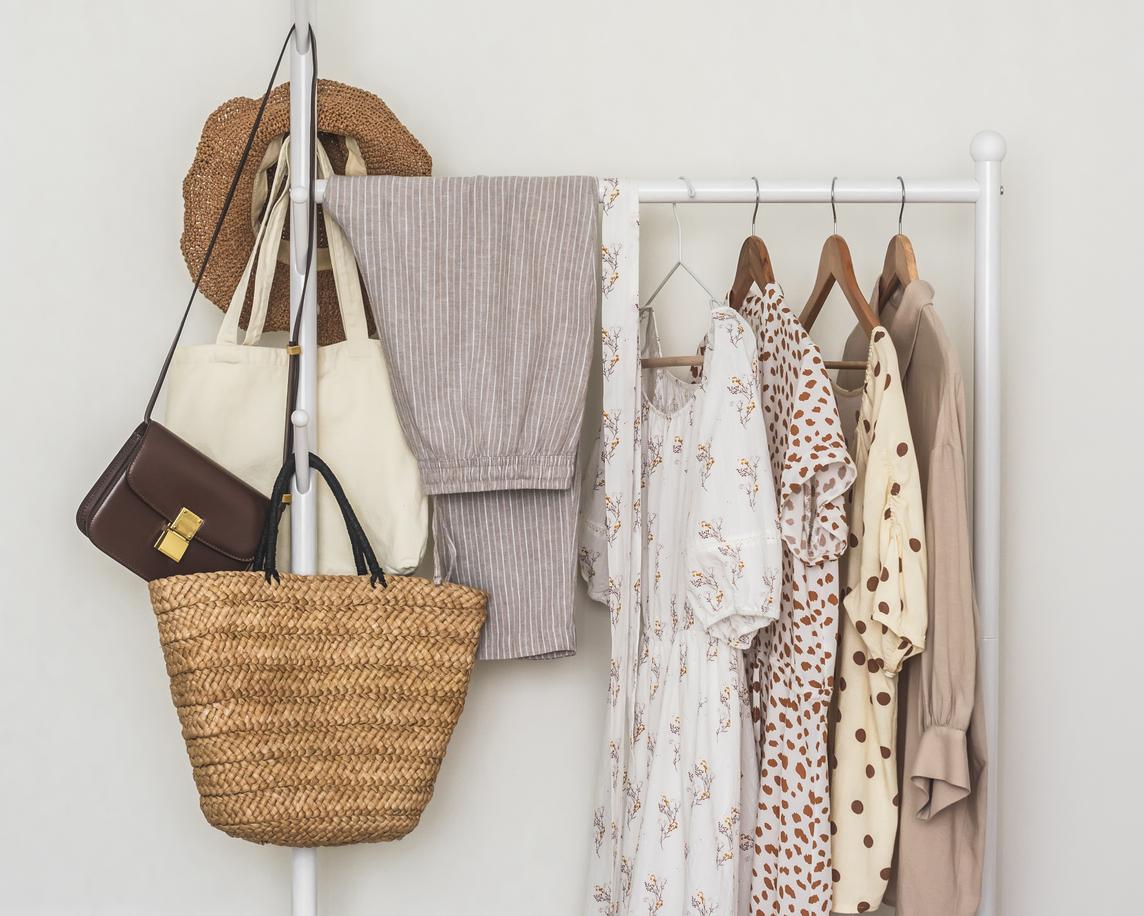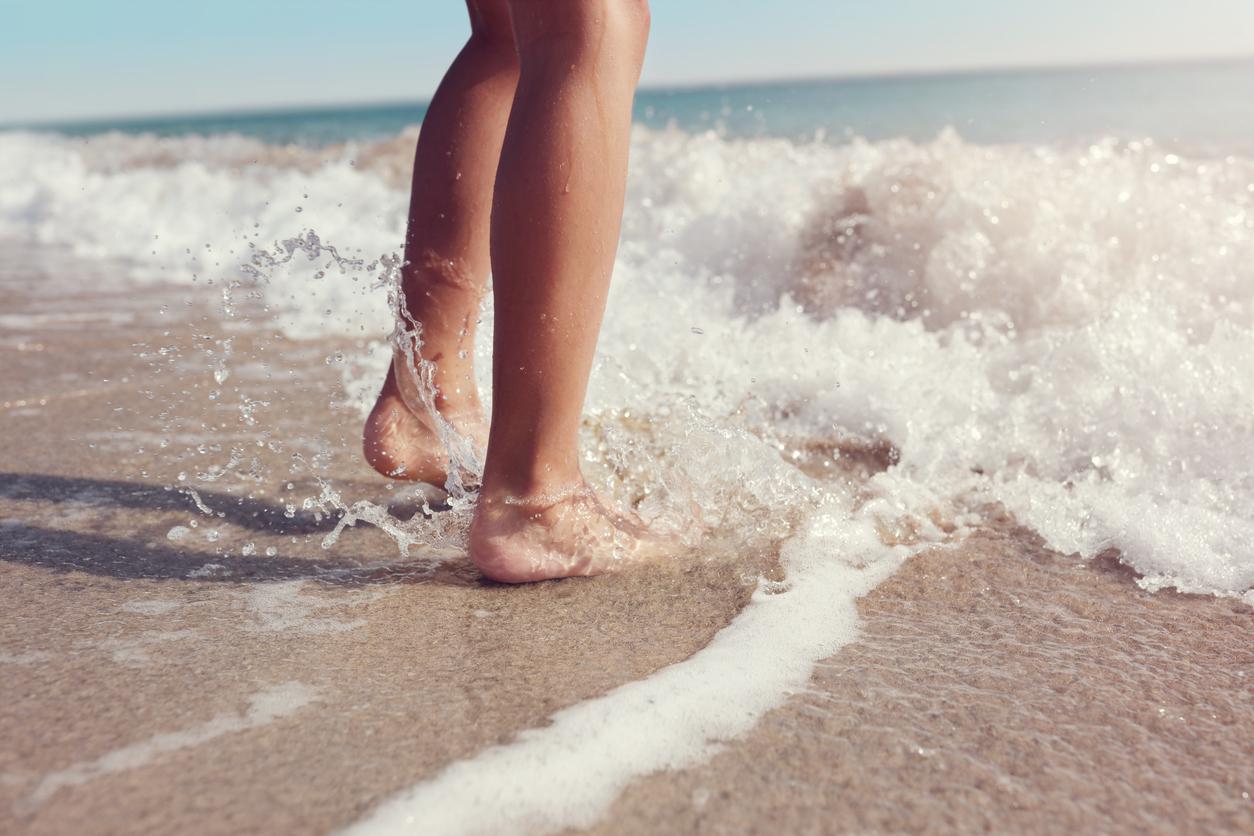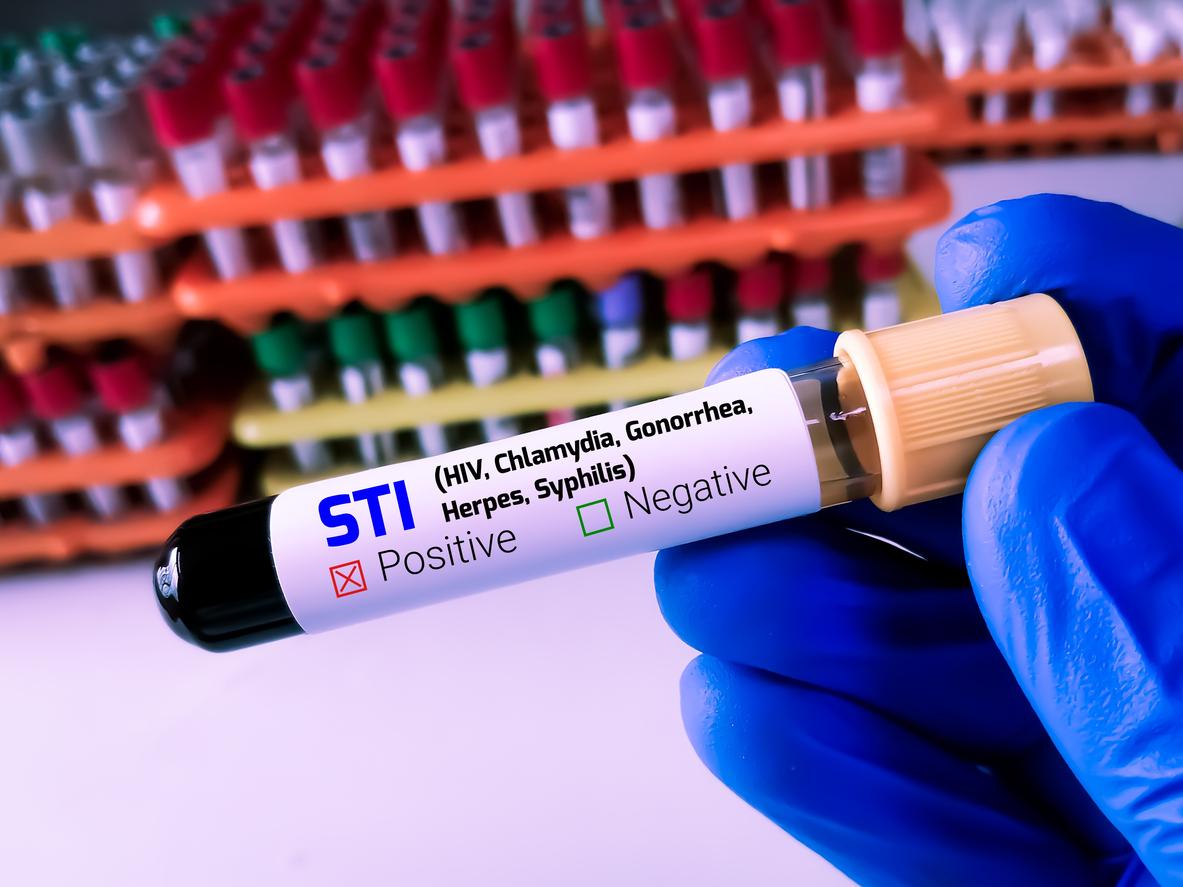
From pricks to swimmer’s itch
Nice weather, lovely! But the sun, insects, plants and bathing water can cause skin rashes and even blisters. What is summer itch and is there anything that can be done about it?
“Once you start scratching, it’s hard to stop,” says Bing Thio, dermatologist at Erasmus MC in Rotterdam. Where does this almost irrepressible urge to itch come from? “The skin is part of the immune system, a barrier between your body and the outside world. For example, when an insect walks over your skin, the skin nerves send a signal to the brain via your spinal cord that triggers scratching,” explains Thio. The result? You move your hand to the itchy spot to remove the potential danger.
Itching is therefore an alarm signal, a warning for irritating bits and substances on the skin. With an allergy, the immune system reacts excessively to a harmless substance from outside. This can also cause itching. “Itching is complex, because the immune system and the brain are involved. Because of this you sometimes get itchy when you look at people scratching.”
Just in the summer
People suffer from itching, especially in the summer. The explanation is simple: “When the weather is nice, we do more and go outside more often. Sun exposure, warm weather, plants, critters and natural water all carry risks. Summer itch is therefore nothing more than a collective term for the various causes of itching that are related to warm weather. Anyone can get it,” explains Thio. Scratching can be a huge relief, but the effect is short-lived. “Scratching produces a small painful stimulus that temporarily blocks the itch signal in the spinal cord.” However, it is better not to scratch too much, because this can worsen the itching symptoms in the long term. Thio: “You can also scratch the skin open, which means it takes longer for things to recover.”
golden tip
Fortunately, there are remedies that can relieve itching symptoms. Menthol and hormone ointment, for example. It can also help to cool the itchy spot or take antihistamine tablets. Thio’s golden tip: “Prevent the skin from drying out. I recommend to anyone who often suffers from itching to regularly grease the skin. Especially after showering or swimming. This keeps the skin supple and in optimal condition.”
The infamous oak processionary caterpillar
Between mid-May and mid-July are the infamous oak processionary caterpillars active in the Netherlands and Belgium. These release annoying stinging hairs that cause complaints such as itchy red bumps, irritated eyes, respiratory problems, fever and vomiting. Usually the complaints arise six to eight hours after contact. Immediately after contact, remove the stinging hairs with masking tape or painter’s tape and rinse the skin with lukewarm water. In case of itching, smearing with menthol or hormone ointment can help, as can cooling the itchy spot or taking antihistamine tablets. Do not sit under oak trees in the summer and call your doctor immediately if your eyelids, lips, tongue or throat swell and if you get stuffy. This could indicate a serious allergic reaction.
creepy crawlies
mosquitoes, fleas, ants, gadflies, wasps and horseflies: they all cause painful or itchy bumps. These usually arise suddenly and locally. It often helps to cool them. The symptoms will go away on their own, unless you are hypersensitive to insect bites. Call your doctor immediately if you have been stung in your mouth, tongue or throat, if you have shortness of breath and if you develop a skin rash in places other than where you were stung.
Swimmer’s Itch
If you swim in uncontrolled water, you can suffer from swimmer’s itching after two days. Itchy red bumps or blisters then appear on the skin, especially in the places where swimsuits have been. Sometimes this is accompanied by headache, fever, nausea and vomiting. The culprits are flatworm larvae that penetrate the skin while swimming. Fortunately, this does not hurt and the complaints usually go away on their own after twelve hours to three weeks. How vigorously your body reacts to this varies from person to person. Unfortunately, there is no cure for swimmer’s itch, but menthol and hormone ointments can provide relief. Look where you can swim safely on the websites www.zwemwater.nl and www.qualityzwemwater.be†
Annoying heat rash
A heat rash causes small red, yellow or pink blisters and bumps on the skin. Usually in folds of skin or areas where clothing rubs against the skin. The rash occurs when you sweat a lot and the sweat glands become clogged. You can prevent this by wearing light clothing, not sitting in the sun for too long, using air conditioning and not letting the skin dry out. It is wise to stay indoors between 12 noon and 3 pm, when the sun is at its strongest. If pus comes out of the bumps, you get a fever or suffer from chills? Then contact your doctor immediately.
Allergic to the sun
With a sun allergy, the skin reacts hypersensitively to UV radiation. Red, itchy blisters, bumps or spots develop in places where sunlight hits. This usually occurs in the spring, when your skin is not yet used to a lot of sunlight. You can prevent a sun allergy by letting your skin get used to UV radiation. For example, start with 20 minutes a day and build up slowly. It also helps to rub the skin well with sunscreen, wear a hat and cover the skin. It is also wise to stay indoors between 12 noon and 3 p.m., when the sun is at its strongest.
Itching from plants
In nature, there are quite a few plants that can irritate the skin. Nettles are perhaps the best-known example. Their stinging hairs contain substances such as histamine that cause pain, bumps and itching. Fortunately, most of the itching and pain disappear within an hour. Other plants, such as hogweed, can provoke more intense reactions. This produces juice that reacts with sunlight. After contact, red itchy spots, swelling and even blisters can develop within 48 hours. The symptoms usually go away on their own after two weeks. After contact, rinse the skin immediately with lukewarm water.
Consult a doctor if large blisters that resemble burns develop. If juice got into your eyes; immediately rinse with water and call the doctor. Hogweed juice in the mouth? Then call your GP or the GP post immediately.
Hay fever itch
In hay fever, the immune system overreacts to the pollen of flowering plants: pollen. In addition to sneezing and watery eyes, pollen can also cause itching. On contact with the mucous membranes, histamine is released, which causes irritation, swelling, redness, burning and itching. Not only can your mouth, throat and eyes become itchy, but also the skin itself. Antihistamine tablets can help with this. It is also wise not to take off the clothes that you have been outside in the bedroom. Wash your hair before going to sleep. Plan your outdoor moments tactically by consulting the pollen radar.
This article previously appeared in +Gezond June 2022. Want to subscribe to the magazine? You can do that in an instant!
Sources):
- Plus Healthy
















